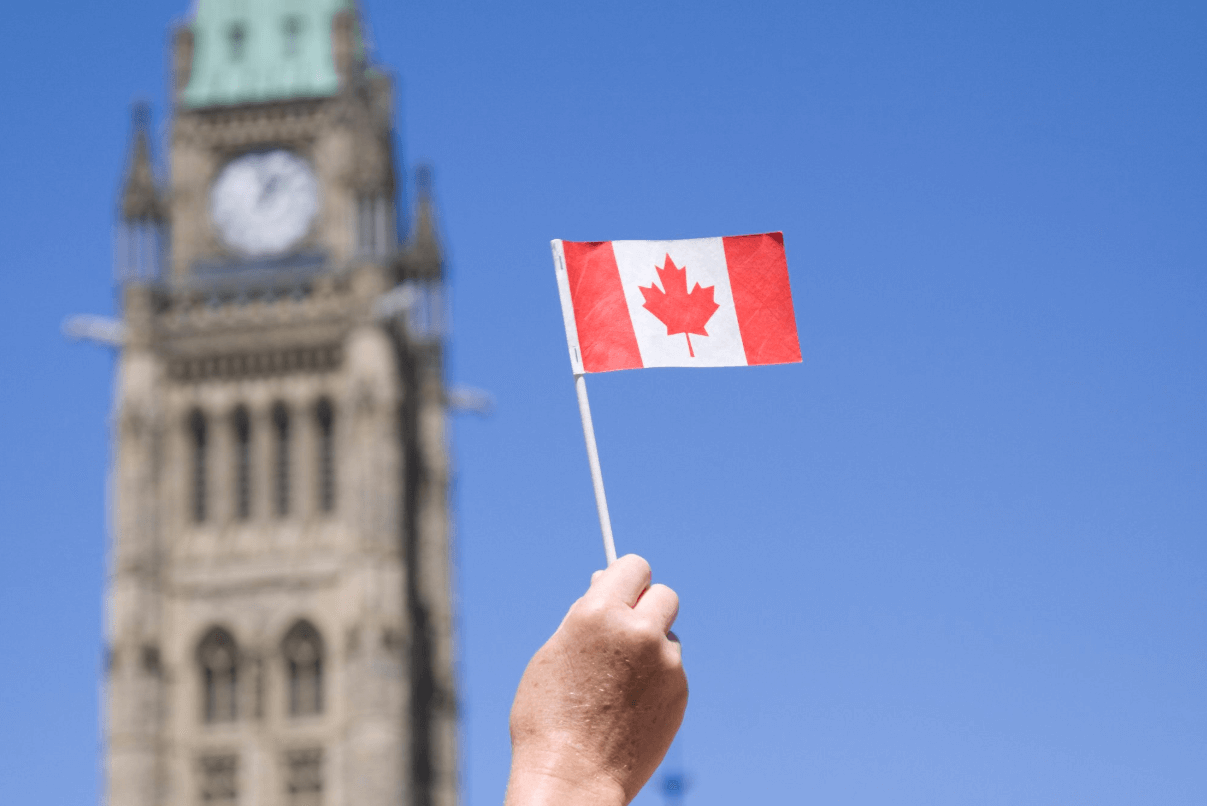 Conservatives must develop an economic program for those people and places struggling in the intangibles economy, writes Sean Speer.
Conservatives must develop an economic program for those people and places struggling in the intangibles economy, writes Sean Speer.
By Sean Speer, November 2, 2019
Modern conservatism isn’t that old. Its origins can be traced to the economic malaise of the late 1970s. The stagflation crisis that permeated Western societies during this period was a major challenge to the mixed economy consensus that had marked the post-Second World War era. A combination of high marginal tax rates, heavy-handed regulation, state ownership, and trade protectionism were imposing a weighty burden on our economies. The Misery Index, which combined inflation and unemployment, hit nearly 22 per cent in the United States and was similarly high in other advanced economies.
Conservatives intellectuals such as Friedrich Hayek and Milton Friedman and political leaders such as Ronald Reagan and Margaret Thatcher responded to these challenges with a coherent and intellectually-rooted policy agenda. Sclerotic government and economic stagnation were the problem. Broad-based tax cuts, inflation targeting, deregulation, privatization and trade liberalization were the solutions.
It’s fair to say that the contemporary conservative movement came of age roughly 40 years ago as an intellectual and political response to a specific set of economic challenges. Conservatism was an inherently problem-solving project.
We now have a new set of economic problems. The transition from a goods-producing economy to an intangibles economy — what economist Richard Baldwin refers to as a structural shift from an “economy of things” to an “economy of thoughts” — is producing secular challenges for certain people and places in our society. Conservatives have yet to formulate a credible response to these economic trends. We need to return to our problem-solving roots.
Let’s start by diagnosing the problem. The “servitization” and now “digitization” of our economy is reshaping where economic activity comes from and who participates in it. A combination of technology, innovation and globalization is pushing us in a more specialized and less broad-based direction.
This is good news for those who work with their brains. The opportunities and economic returns can be significant. But it’s increasingly challenging for those who work with their backs and are vulnerable to the effects of what economists call “skills-biased technological change.”
Economic data point to this growing fault line within our economy. Baldwin characterizes it as a divide between “head workers” and “hand workers.”
Just consider, for instance, that the median income for working-age men with a bachelor’s degree is one-third higher than those with only a high school diploma. Or that their labour force participation rate is nearly seven percentage points higher. Or that Toronto has been responsible for three-quarters of Ontario’s employment growth since the 2008-09 recession. Or that rural employment nationally is still below pre-recession levels and yet it’s up by close to 15 per cent in our bigger centres.
The point is that the transition from a goods-producing economy to an intangibles one is increasingly concentrating wealth and opportunity among a smaller number of people and places. The result is growing economic and place-based bifurcation and in turn rising political turmoil. This is, in my view, the most important political economy challenge facing our society.
Conservatives cannot rely on others to solve it. The centre-left moved on from the goods-producing economy a long time ago in favour of the knowledge-based economy, which is greener, more urban, and involves more highly-educated, progressive workers. And the far left has no incentive to reform capitalism since its interests ultimately lie in growing public agitation towards freedom and markets. The responsibility to develop and advance an agenda focused on the needs and interests of Canada’s “forgotten people and forgotten places” therefore falls squarely on conservatives.
What guidance can we draw from the examples of Friedman and Reagan?
There’s a tendency to assume that the primary lesson is their policy prescriptions. They worked then and so they must be right now. But this is mistaken thinking. We shouldn’t conflate their policies with their methods.
The real lesson is their model of conservative problem-solving — what American conservative scholar Yuval Levin has called “applied conservatism.” Their genius was to apply conservative insights about role of incentives, the limits of centralized knowledge, and power of market competition to the economic challenges of their day. It was, to put it simply, the right solution to the right problem.
The solution to our present-day problems will necessarily look different. Features of the intangibles economy (such as the role of data or the scalability of intangible assets) couldn’t have been anticipable to those who came before us. Our basic economic framework will require adjustments to reflect these structural changes to the economy. It may even involve a role for industrial policy to push the market to produce broader-based opportunity.
The key though is that conservatives develop an economic program for those people and places struggling in the intangibles economy. We must get back to problem solving. And that means getting back to applying our enduring insights to the new and dynamic economic challenges facing our society.
Sean Speer is a professor at the University of Toronto’s Munk School of Global Affairs and Public Policy. He is also a Munk Senior Fellow at the Macdonald-Laurier Institute.




